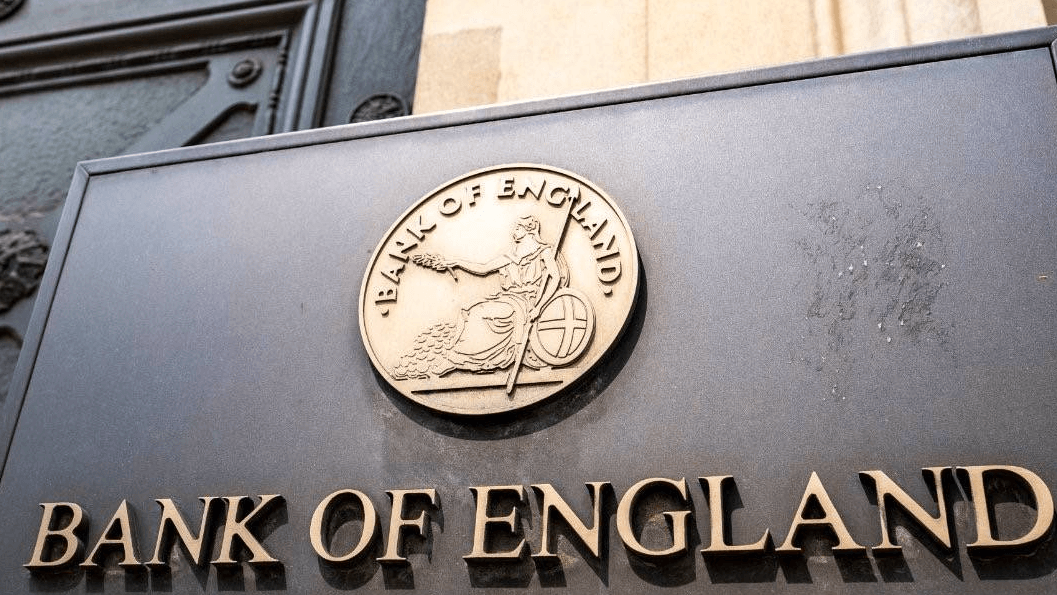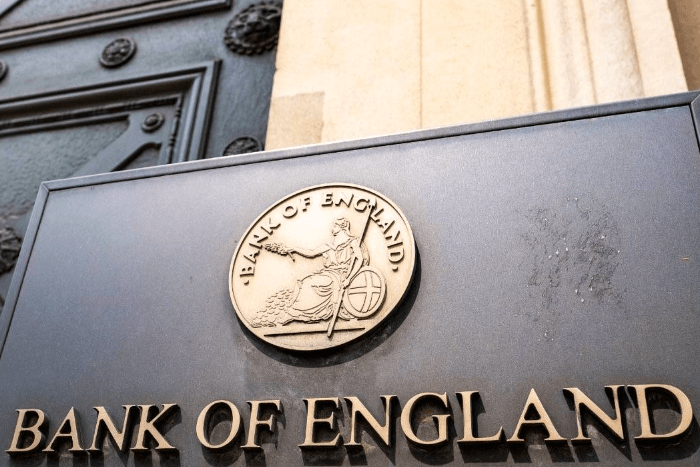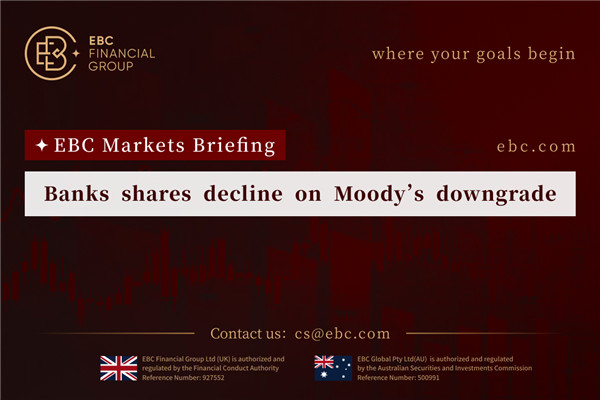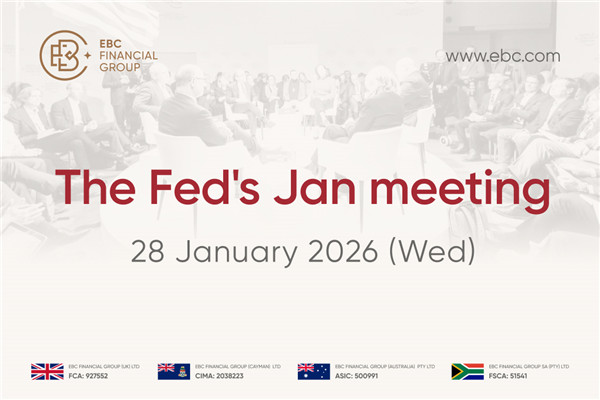The Bank of England, also known as the Bank of England, was the first central bank in the world, and its history can be traced back to the 17th century. At that time, the whole of Europe was caught in a currency crisis, and the credibility of the British royal family was so poor that merchants were reluctant to lend money to the royal family. At this time, a British entrepreneur, William Peterson, thought of the Dutch practice and proposed that a bank be set up to raise funds. Due to the urgency of the war, the king quickly approved.

The bank was founded in July 1694 and was located on London's Needle Street, jokingly known as the Old Lady of Needle Street. Since its inception, it has served as the bank of the British government and is the progenitor of central banks around the world.
The Nine Years' War broke out between Britain and France in 1689. when Britain's economic strength was far inferior to that of France, but it eventually won the victory and achieved the splendor of the Sunset Empire afterwards. Among them, the Bank of England has an indispensable role.
In the 17th century, years of war brought great financial pressure to the British crown. To solve the money shortage caused by the war, William III chartered the Bank of England. In essence, it was a joint-stock banking company, and in less than two weeks, the bank raised 1.2 million pounds, providing strong support for Britain's participation in the war.
Over the course of its long history, the Bank came to monopolize the issuance of currency throughout the country, and by 1928. it had become the sole note-issuing bank in the U.K. After 1946. the bank was nationalized under the Ministry of Finance and became the central bank of the country in its own right.
To this day, the Bank of England enjoys the privilege of issuing currency in England and Wales and is responsible for regulating commercial banks and other financial institutions in the UK. In addition, as the government's bank, it is responsible for maintaining domestic price stability. As well as deciding the country's monetary policy by convening the Monetary Policy Committee.
In the international foreign exchange market, the influence of the Bank of England should not be underestimated. Every time the benchmark interest rate is adjusted, it will make the exchange rate of the British pound fluctuate to a greater or lesser extent. Generally speaking, raising the benchmark interest rate is good for the pound, and vice versa.
Overall, the Bank of England was born in troubled times. It is not quite a groundbreaker, but he has managed to surpass his predecessors as a milestone in the history of the bank.
Bank of England
| Project |
Information |
| Established |
1694 |
| Country |
Britain |
| Bank Structure |
Is the central bank, responsible for issuing sterling currency and regulating monetary policy. |
| Official website |
www.bankofengland.co.uk |
| Addresses |
Headquartered in Threadneedle Street, London, England. |
| Currency of Issue |
Responsible for issuing the official currency of the United Kingdom, including bills and coins. |
| Currency Unit |
British Pound Sterling (GBP). |
Transformation into a central bank process
The Bank of England was founded as a private bank, and at that time its main duty was to provide funds to the British government to support the military and economic needs of the country. At the same time, the Bank began to issue banknotes and gradually gained a monopoly over the issuance of banknotes in England, becoming the only institution in the country authorized to issue banknotes.
As its role gradually expanded, it began to act as a financial regulator, supervising the activities of other commercial banks. In addition, it was responsible for adjusting the money supply to ensure the stability of the domestic financial system.
In the late 19th and early 20th centuries, it gradually evolved into the central bank of the United Kingdom. In particular, after nationalization in 1946. it became part of the British government and had central banking responsibilities, including the formulation and implementation of monetary policy, the maintenance of financial stability, and banking supervision.
From its origins as a private bank and issuer of banknotes, it gradually evolved into the central bank of the UK, responsible for monetary policy and the stability of the financial system. Over the course of this process, it has gone through a number of phases and important legal and institutional changes.
Bank of England-related queries
| Related Queries |
The Answer |
| Is it privately owned? |
The UK government has an equity stake |
| Also known as the Acceptance House? |
It isn't. |
| Is it the central bank of the UK? |
It is. |
The first central bank to fully perform the functions of a central bank
As the world's first central bank, it was granted certain special powers from its inception as a result of its charter. Thus, it was the first to fully perform the functions of a central bank, including:
Issuance of money: It was authorized to issue banknotes, which was its earliest right to issue money. This enabled it to control the domestic money supply and influence inflation and monetary policy.
Financing: one of its initial tasks was to raise funds for the British government, especially for the support of the war effort. This foreshadowed the later role of the central bank in the management of the national debt.
Interest rate policy: The control of interest rates to influence the money supply and financial markets. This laid the foundation for it to implement monetary policy.
Financial regulation: It began to take on the function of financial regulation to ensure the stability and transparency of the banking system.
These functions became the core responsibilities of a modern central bank, including monetary policy formulation, currency issuance, financial regulation, and financial stability.
Marks the rise of modern banking
It did. Its establishment did mark the rise of the modern central banking system. It was the world's first central bank, and there were historically important reasons behind its establishment. At the time, the government of England needed to raise funds to support the country's war effort. To address the country's debt, the bank was created and granted a charter that allowed it to issue paper money to raise government funds. This marked the beginning of the bank's key role in currency issuance, government financing, and financial stability.
The Bank of England's model influenced other countries in later years, contributing to the rise of central banks. The central bank became the central institution of the country's monetary policy, responsible for money supply, price stability, financial regulation, and other duties. Therefore, the establishment of the Bank of England is considered one of the foundations of the modern central banking system and had a profound impact on the development of the entire financial system.
Bank of England interest rates
| Date |
Policy Rate |
Shifts |
| December 16.2021 |
0.25% |
0.15% |
| February 3.2022 |
0.50% |
0.25% |
| March 17.2022 |
0.75% |
0.25% |
| May 5.2022 |
1.00% |
0.25% |
| June 16.2022 |
1.25% |
0.25% |
| August 4th,2022 |
1.75% |
0.50% |
| September 22.2022 |
2.25% |
0.50% |
| November 3.2022 |
3.00% |
0.75% |
| December 15.2022 |
3.50% |
0.50% |
| February 2.2023 |
4.00% |
0.50% |
| March 23.2023 |
4.25% |
0.25% |
| May 11.2023 |
4.50% |
0.25% |
| June 22.2023 |
5.00% |
0.50% |
Disclaimer: This material is for general information purposes only and is not intended as (and should not be considered to be) financial, investment or other advice on which reliance should be placed. No opinion given in the material constitutes a recommendation by EBC or the author that any particular investment, security, transaction or investment strategy is suitable for any specific person.
























